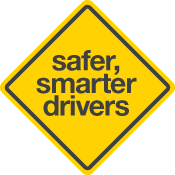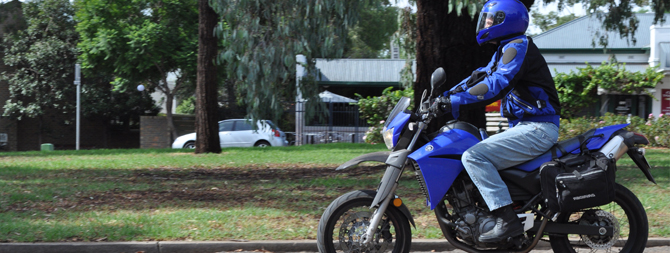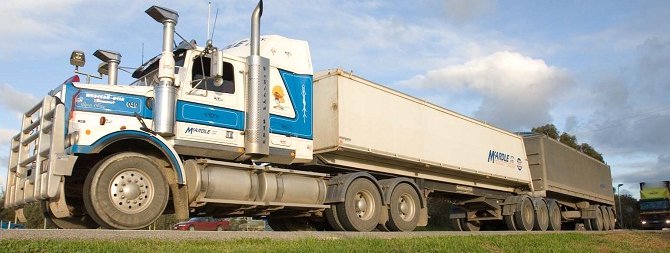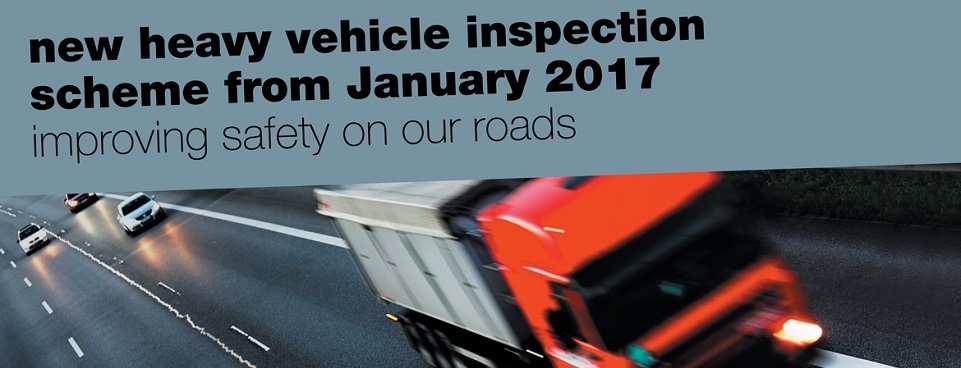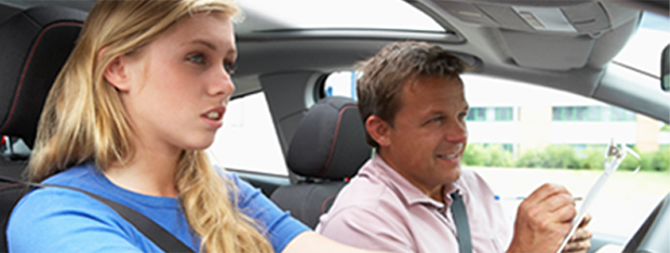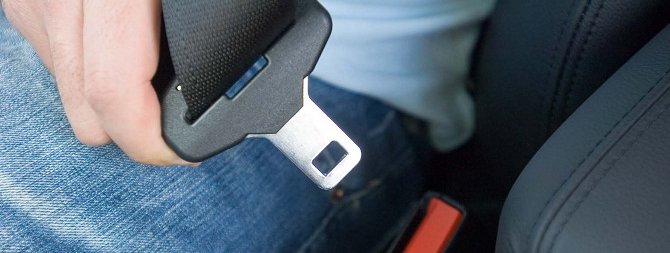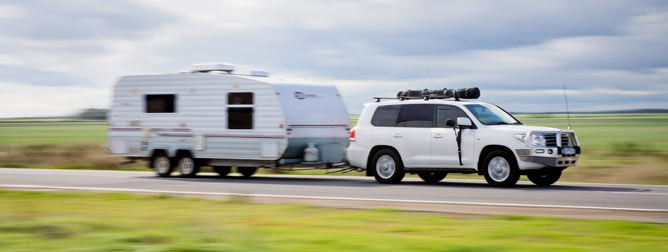Road rules
Personal mobility devices

Personal Mobility Devices (PMD), including e-scooters, will be legal to use in South Australia from Sunday 13 July 2025.
All riders must follow the rules to keep everyone safe, including:
- be aged 16 years or over
- always wearing a helmet
- never riding while under the influence of alcohol or drugs.
Failure to do so could result in hefty fines and loss of demerit points.
It is against the law to ride an e-scooter or other PMD on public land if it doesn't meet South Australian device requirements.
PMD
A legal PMD is a device which:
- has at least one wheel
- is designed for one person
- is propelled by an electric motor
- is 45kg or less
- can stop using brakes, gears or motor control
- has no sharp protrusions
- meets electrical safety standards
- is no more than 125cm long, 70cm wide and 135cm high
- must have a bell, horn or similar warning device in working order.
Examples of devices that could be PMDs include e-scooters, e-skateboards and e-solo-wheels.
A PMD fitted with a seat is legal to ride provided it meets the requirements.
The following vehicles or devices are not PMDs:
- vehicles with pedals
- motorised mobility devices, such as mobility scooters or motorised wheelchairs
- wheeled recreational devices without a motor, such as skateboards, roller skates and foot scooters
- any electric powered device designed for one person that does not fit within the requirements listed above.
You don't need a licence to ride a PMD in South Australia and you don’t need to register your device. However, heavy penalties can apply if you do not follow the rules.
If you ride a PMD while affected by alcohol or drugs you can be charged and may have to go to court.
PMD rules
PMD riders must:
- be aged 16 years or over
- wear a helmet
- use flashing or steady front and rear lights if riding at night or in low light
- park responsibly in a location that does not disrupt pedestrians or pose a safety hazard
- keep to approved areas if using a hired e-scooter.
You can legally ride a PMD:
- on footpaths, shared paths, beaches and road crossings - maximum speed of 10km/h.
- on separated footpaths, bicycle paths or bicycle lanes (physically separated from other traffic) - maximum speed of 25km/h.
- on bike lanes (where the maximum road speed limit is no greater than 50km/h) - maximum speed of 25km/h.
- to the left on any road where there is no bike lane (where the maximum speed limit is no greater than 50km/h) - maximum speed of 25km/h.
You must ride your PMD in the bicycle lane if you are on a road that has a bicycle lane (for roads where the maximum speed limit is not greater than 50km/h).
E-scooters will be permitted on roads where the maximum speed limit is 60km/h but must ride in the bicycle lane. Riders must stick to the maximum speed limit of 25km/h. If a bicycle lane on a 60km/h road is only operational during specific times, e-scooters are only permitted on them during those times. In other cases, they must switch to the footpath.
PMDs (that are not e-scooters) must only travel on roads where the speed limit is 50km/h or less, except:
- when something is blocking the footpath, bike path, or shared path next to the road, and the rider needs to use the road for less than 50 metres to get around it
- to cross the road.
For bike lanes and roads where the speed limit is less than 25km/h, you must follow the speed limit of the bike lane or road.
When you ride a PMD, you must always:
- keep left and give way to pedestrians
- adhere to the speed limit
- keep a safe distance when travelling near pedestrians so you can avoid a collision
- keep left of oncoming bicycles, PMDs and other vehicles.
PMD use will be monitored for 12 months to ensure devices are being used safely on shared spaces like footpaths, shared paths and roads.
Riding and mobile phones
To keep yourself and other road users safe, your full attention is needed when riding a PMD.
Holding a mobile phone in your hand or resting it on any part of your body when riding is illegal. The phone does not need to be turned on for it to be an offence. You can keep your phone in a pocket of your clothing or in a pouch you are wearing, but you must not be able to see the screen.
Mounting your phone to the handlebars is allowed, so long as you don’t touch the phone while moving, if you are using it either for:
- GPS navigation
- as a speedometer.
You can use a mobile phone in your hand when stationary on paths or nature strips.
Penalties for PMD riders
Some penalties for breaking the PMD rules are listed below. You can get more than one fine if you're breaking multiple rules. Penalty values are current as of 12 June 2025.
| Offence | Maximum court -imposed penalty | Expiation (fine) amount* |
|---|---|---|
Speeding Exceed any of these speed limits on a PMD:
| $2,500 | $215 |
| Riding a PMD (that is not an e-scooter) on a road with a speed limit greater than 50km/h per hour | $2,500 | $469 |
Riding an e-scooter on a road with a speed limit greater than 60km/h, or Riding an e-scooter on a road with a speed limit of 60km/h but not in a bike lane | $2,500 | $469 |
| Riding a PMD where other devices, such as scooters, skateboards and rollerblades are not permitted | $2,500 | $70 |
| Riding a PMD with a passenger | $2,500 | $129 |
| Person under 16 years of age Riding a PMD (not permitted to ride a PMD) | $2,500 | N/A |
| Adult allowing a person under 16 years of age to ride or be carried on PMD (penalty applies to the adult) | $2,500 | $129 |
| Towing a trailer or any other device behind a PMD | $2,500 | $70 |
| Riding a PMD alongside another PMD | $2,500 | $70 |
| Driving under the influence of any alcohol or drugs (including some prescription drugs) | $500 | N/A |
| PMD rider failing to give warning to pedestrians or other persons to avert danger | $2,500 | $68 |
| Failing to wear an approved helmet | $2,500 | $125 |
Using a mobile phone while riding a PMD | $2,500 | $68 |
*An additional $102 Victims of Crime Levy applies. Other road rules and laws may apply.
Electrical safety standard
In South Australia, a PMD must meet an applicable safety standard. The current applicable safety standard for PMDs is the AUS/NZ electrical safety standard.
It is important to check the electrical safety standard when purchasing a PMD.
Helmets
When you ride a PMD, you must wear an approved bicycle helmet or an approved motorbike helmet. The helmet should be properly adjusted and securely fastened.
Carrying people
A PMD is designed for use by one person only. You must not carry another person when riding a device.
Public transport
Initially PMDs are not allowed on public transport in South Australia, including trains, trams, and buses.
This is due to safety issues in other Australian states where either:
- battery-powered devices have caught fire
- exploded on trains.
We understand how important it is to allow PMDs on public transport, and we are working quickly to come up with a plan to make sure it's safe.
Insurance
If, while using your PMD, you injure a third party or damage property you could be liable.
For further information around the use of your PMD, you may wish to either:
- consider insurance
- check your insurance policy
- contact your insurer.
Fleet-operated e-scooter trials
The current e-scooter trials will continue until 12 July.
Starting 13 July, e-scooter hire companies can keep running and could expand to more places in South Australia.
If an e-scooter meets the rules for a PMD, the company won’t need special permission from the Minister for Infrastructure and Transport. Companies will need permission from local councils if they want to park or store e-scooters on footpaths.
Councils can also decide if they want to use geofencing (technology that controls where e-scooters can go). They can also make rules about where e-scooters can be stored. Councils can also decide if companies need insurance when they give out business permits.
E-scooters that don’t meet the PMD rules are not allowed on roads or footpaths.
If a company wants to try out a new kind of e-scooter that doesn’t meet the rules, they can apply to the Minister for approval.
As a first step, operators should contact the Department for Infrastructure and Transport and the relevant local council.



